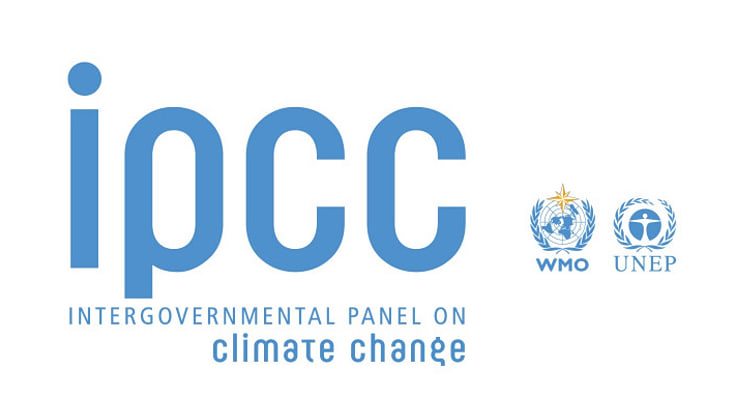Contribution to WCRP Workshop in Geneva
5 December 2024

Photo: https://ifm.ch/en/geneva.html
Benjamin Blanz, Jana Sillmann and Leonard Borchert were invited to a Workshop on High-Risk Cascading Shocks on 18-20 November 2024. This workshop was organized by the World Climate Research Programme WCRP Safe Landing Climates Lighthouse Activity, which aims to scope out potential future climates that can provide safe living space for humanity. The workshop brought together experts working on high-risk large-scale extreme events and systemic risks to engage in discussions and define ways forward to integrate tools and assessments across sectors and disciplines.

Prof. Sillmann kicked off the workshop with a keynote presentation on systemic risks, exploring how compounding and cascanding impacts interact within the IPCC's risk framing. Sillmann emphazised that weather and climate impacts can be positive or negative depending on the objectives and values at stake, and that our risks from climate change depend on the exposure, responses, and vulnerability of the affected systems. This introduction very appropriately set the scene for a heavily interdisciplinary workshop that explored the different aspects of riks and its implications in depth, divided into six sessions and several breakout groups. The sessions focused on terrestrial systems, agriculture and food systems, simulation tools, local risks, the economic dimension, and the ocean. Dr. Borchert convened and moderated the agriculture and food systems session, which pinpointed the need for integrating different methodologies across disciplines so that cascading shocks to the food system can be better understood. In his presentation in the economics session, Dr. Blanz highlighted the value of the highly interactive, system dynamics based global economic model FRIDA for assessing cascading shocks and their feedbacks, so that the complexity of the climate change problem can be taken into account.
The workshop was instrumental in highlighting the emerging areas of research in climate risk science, both from climate and impact points of view. With its interdisciplinary research focus, the Climate Extremes group at FNK is setting out to play an important role in this uprising field of research.


